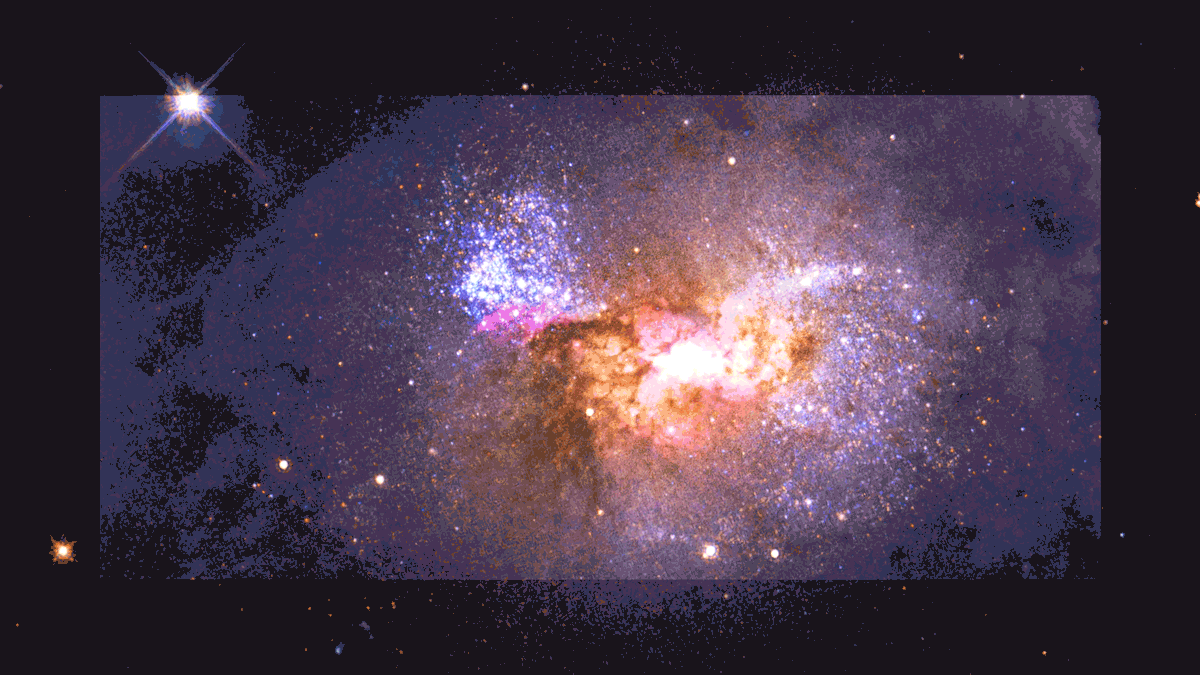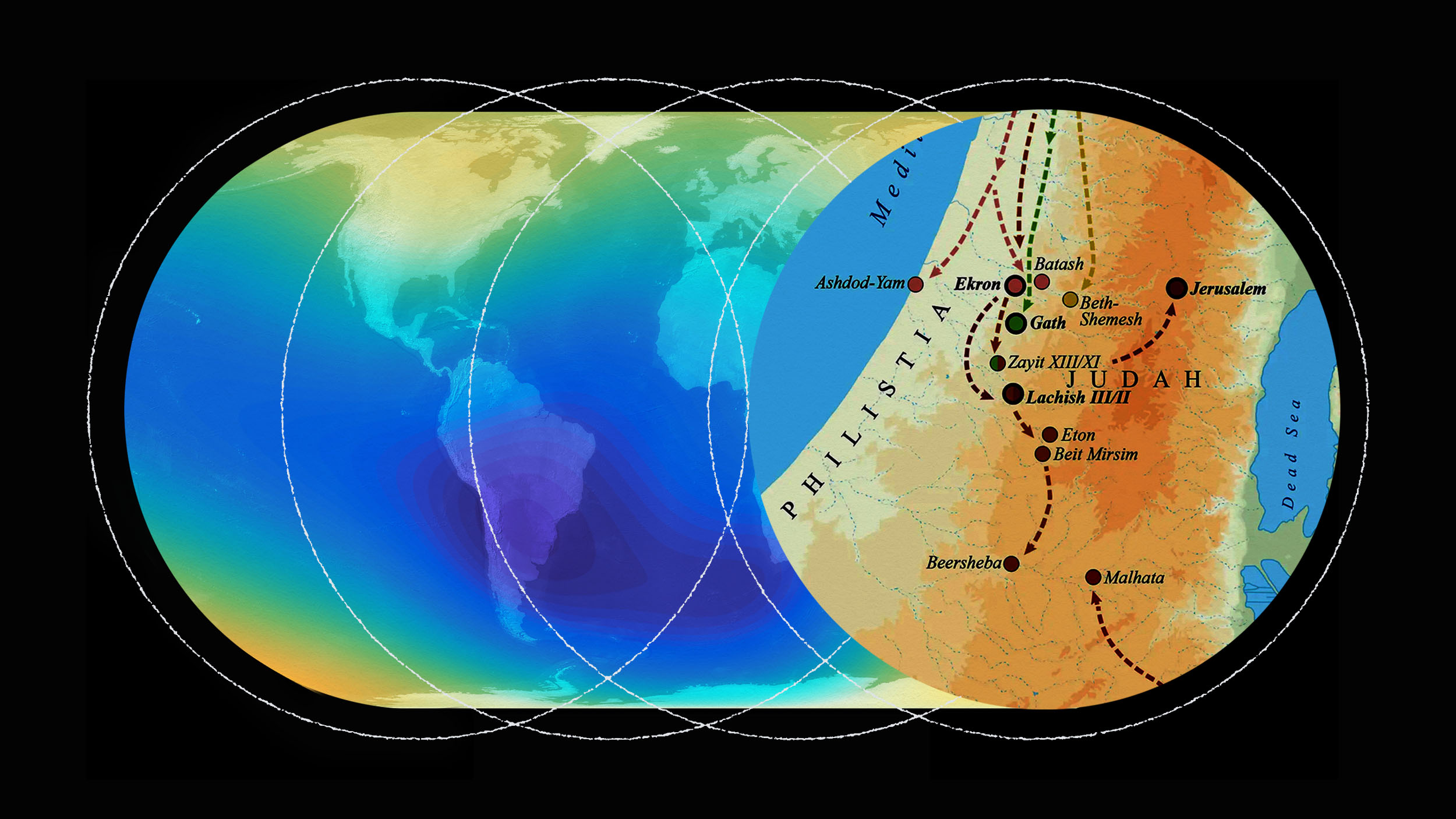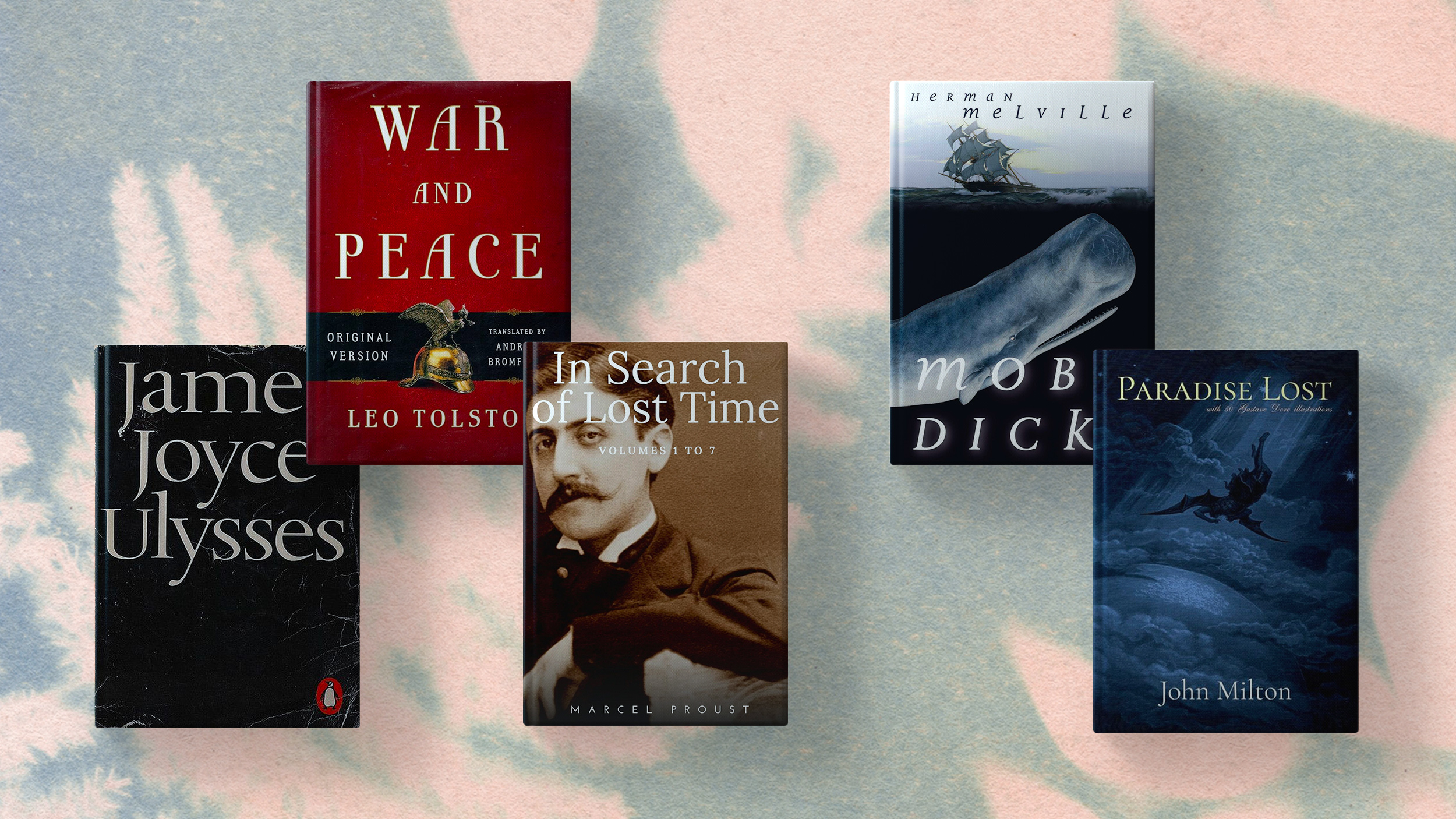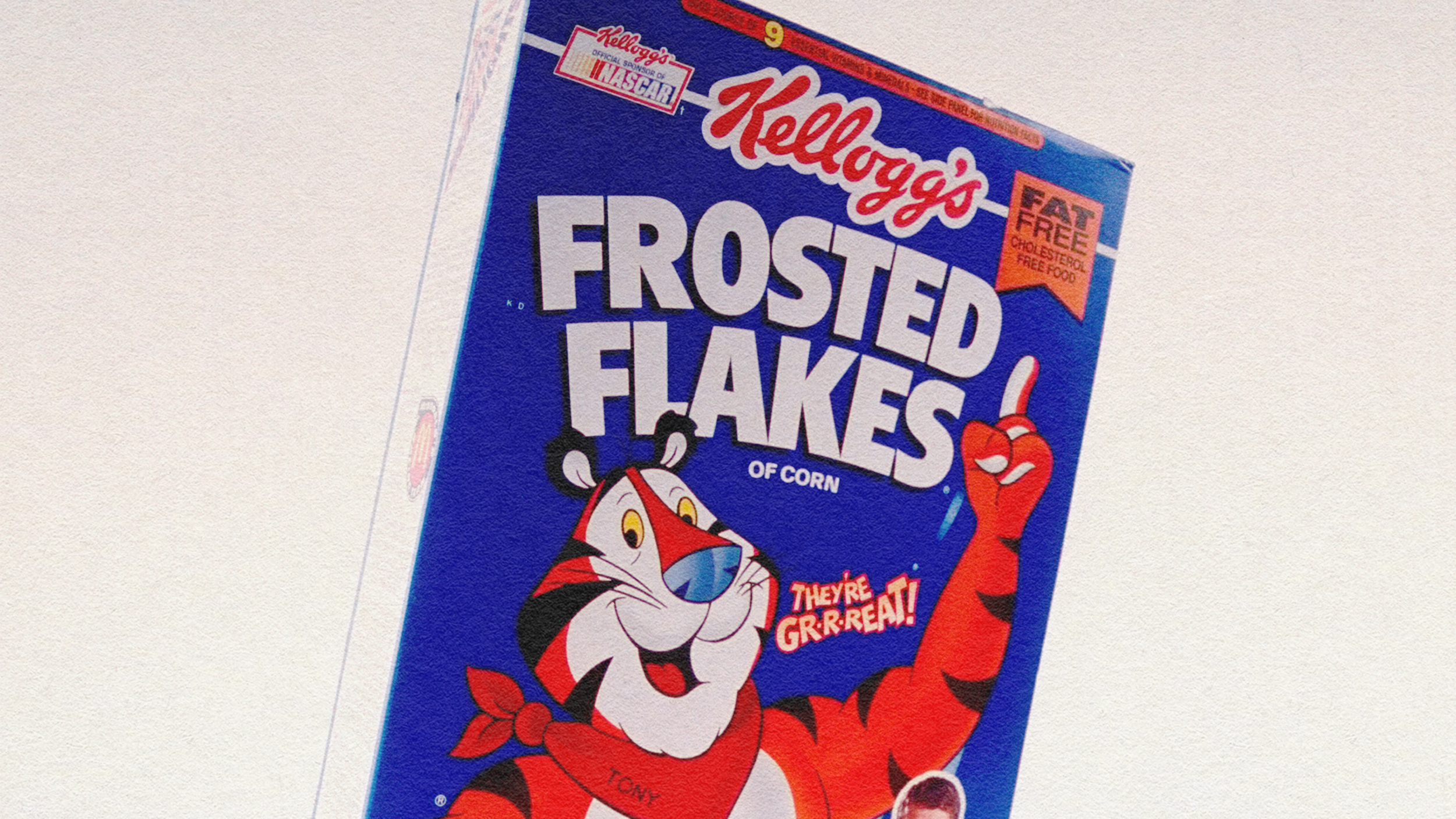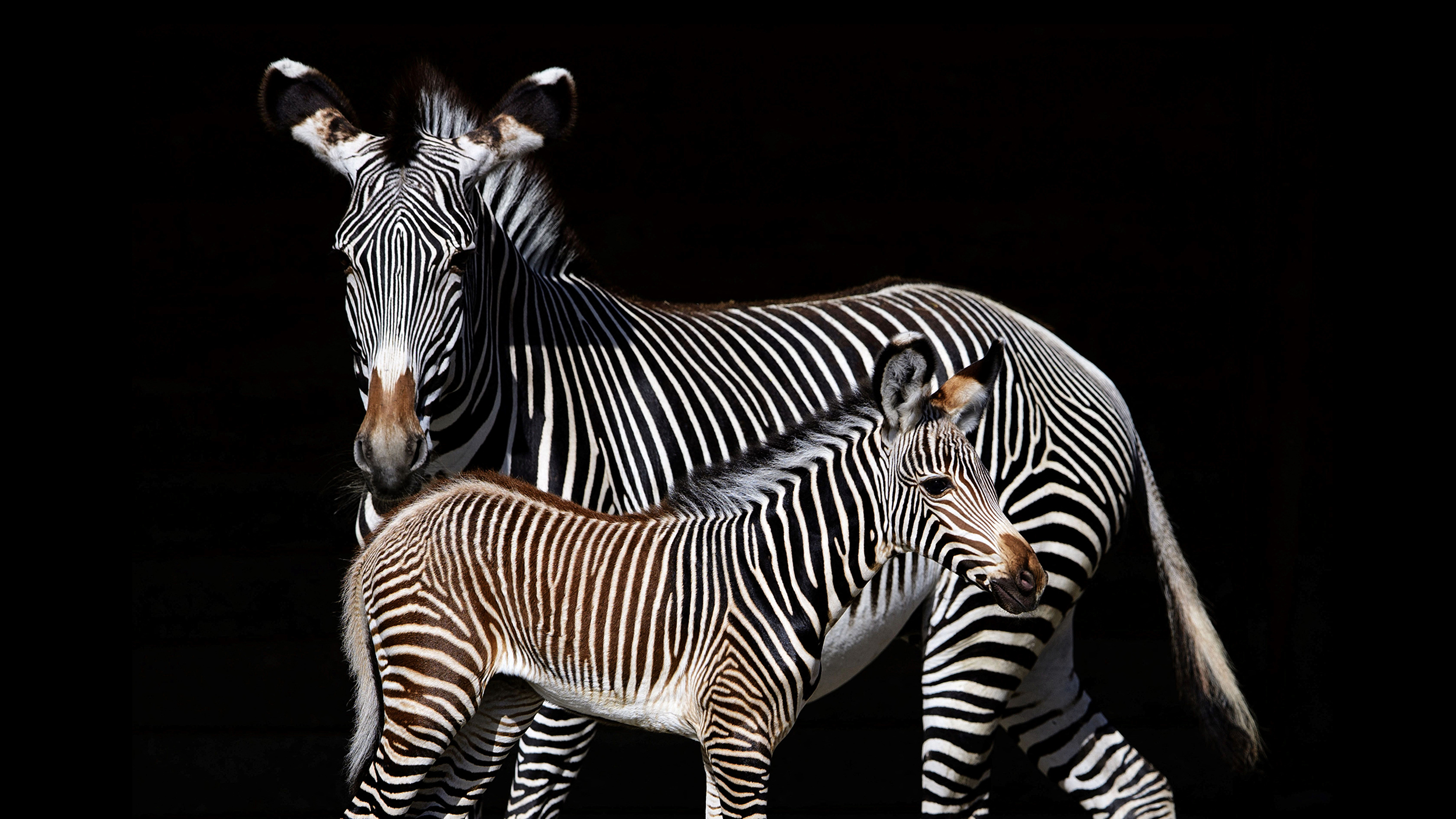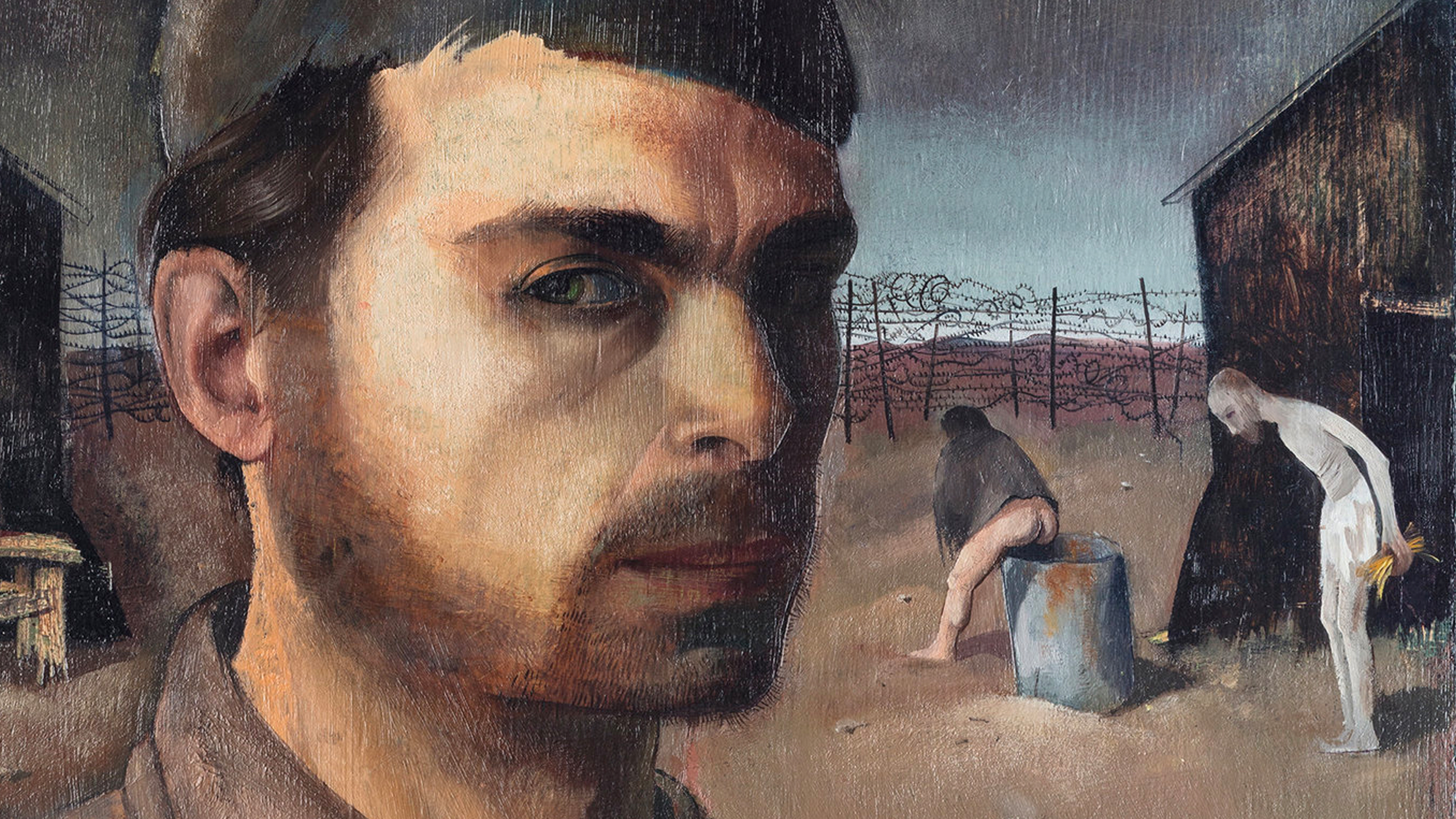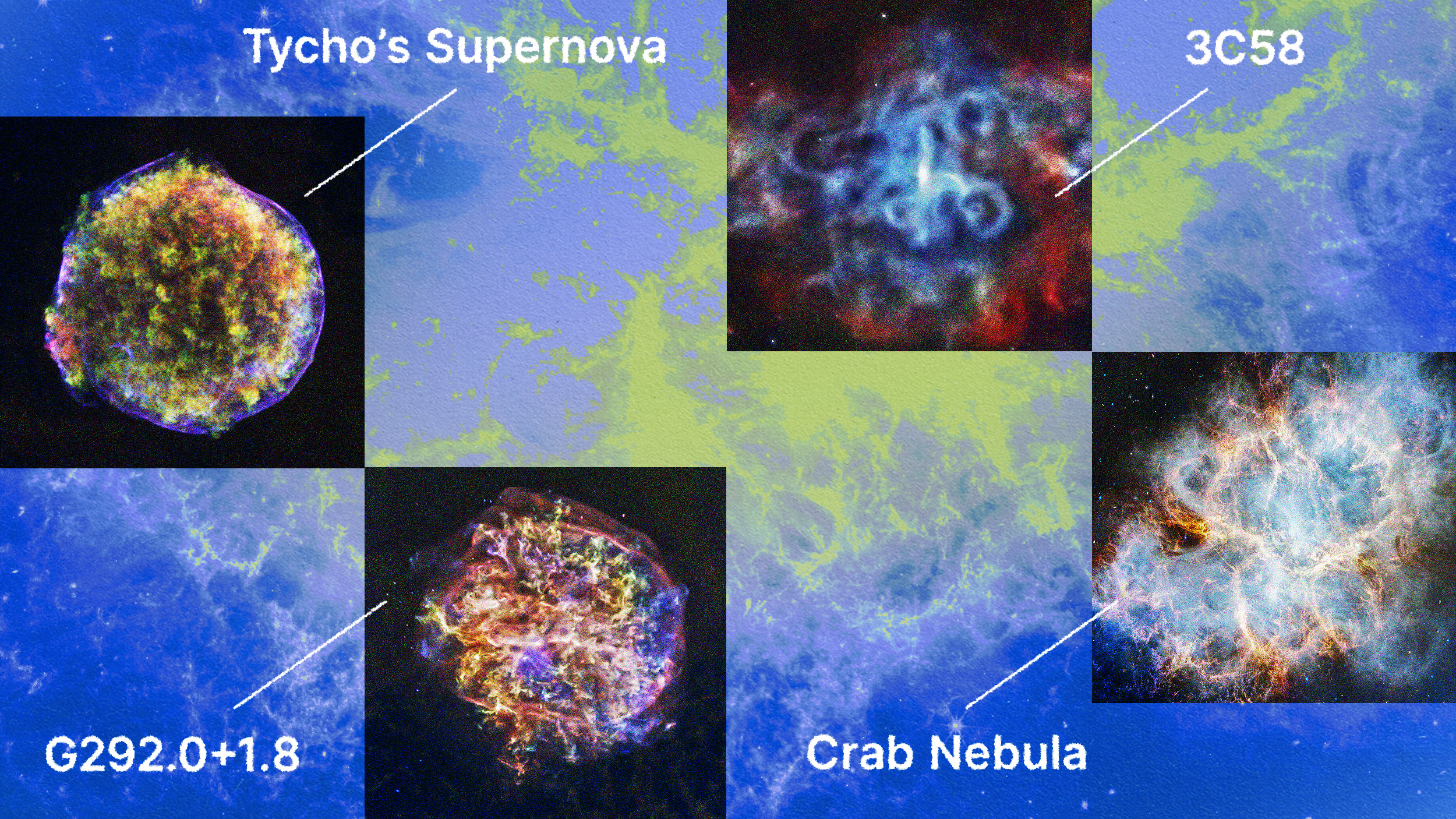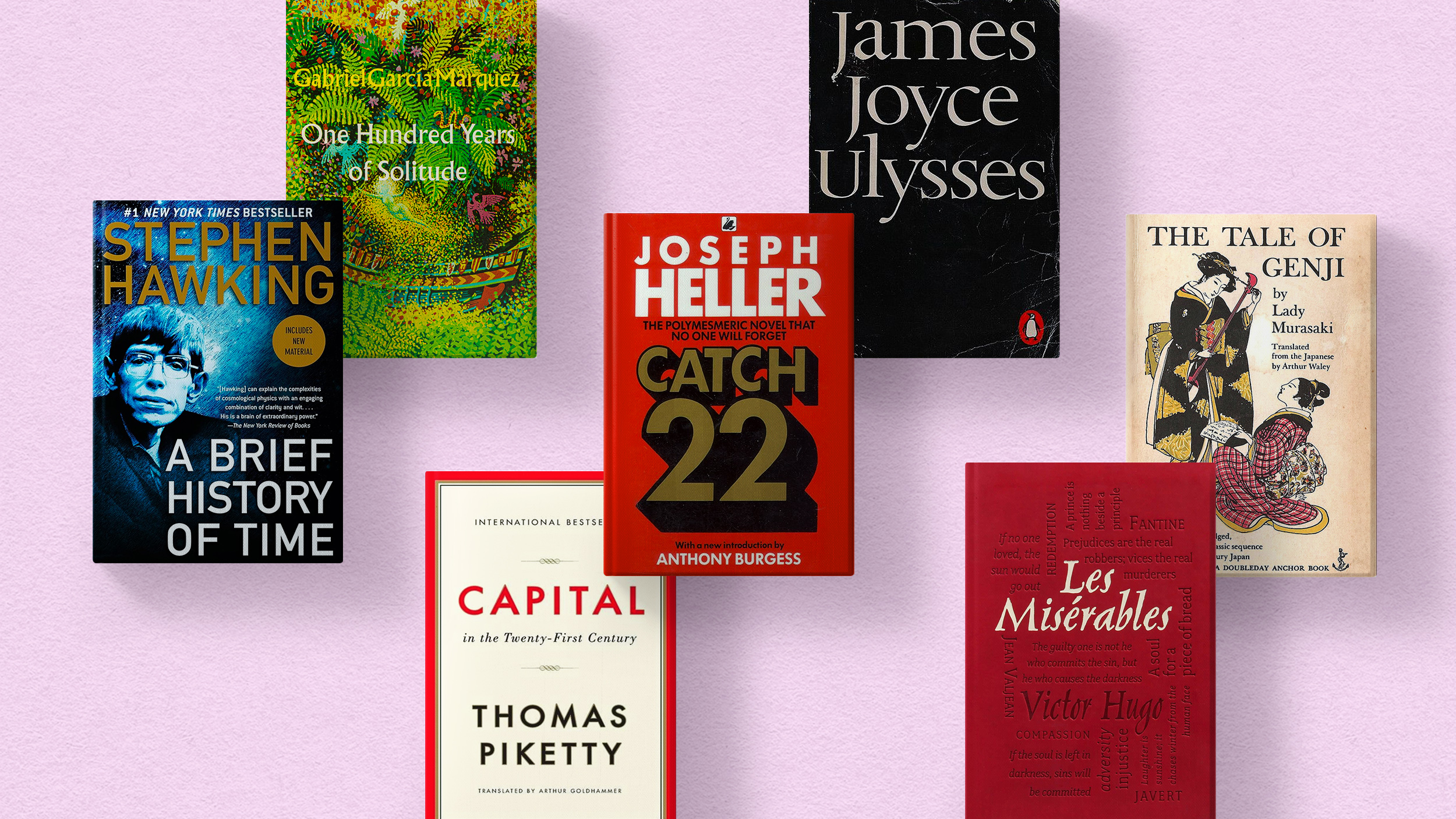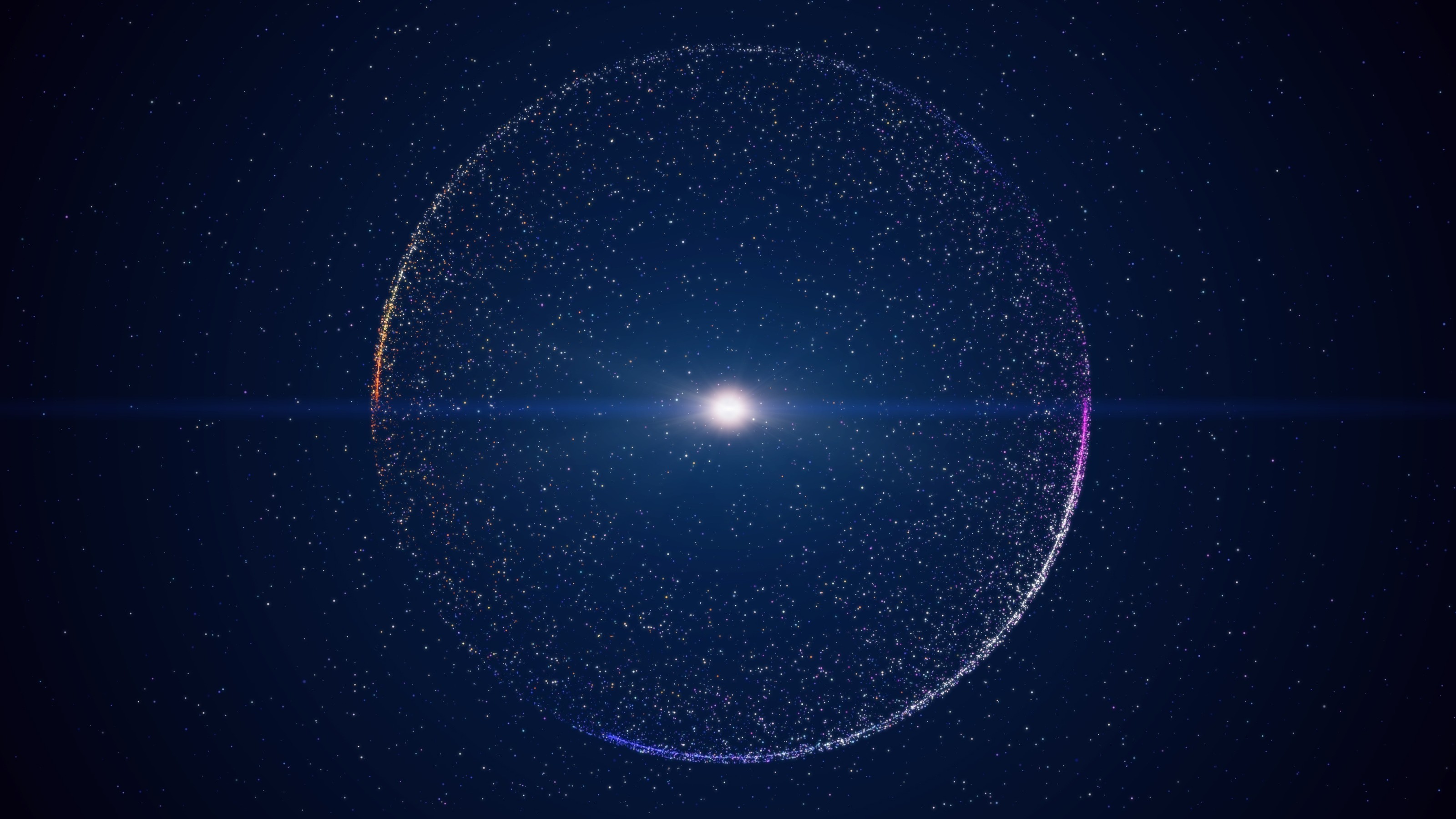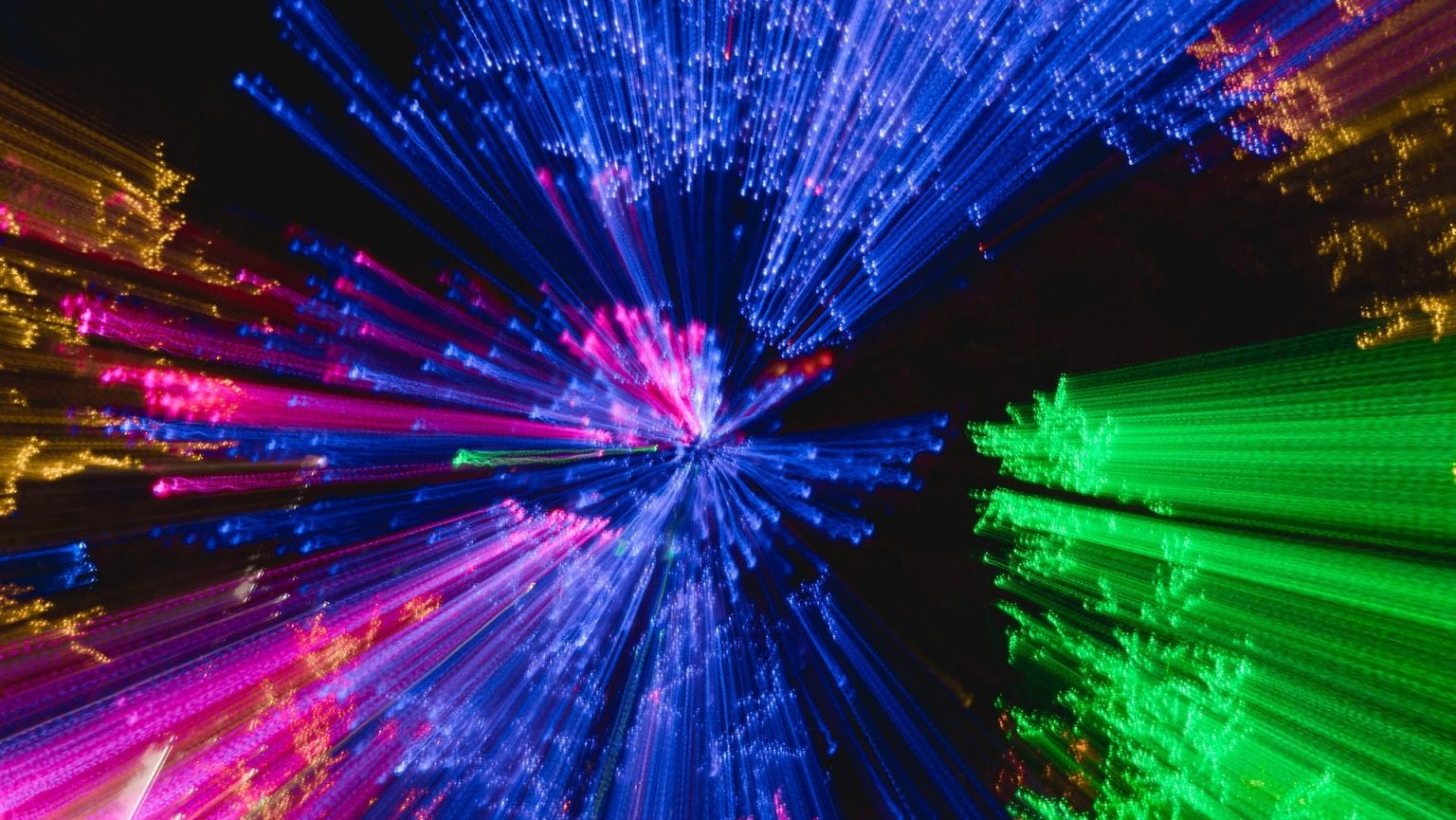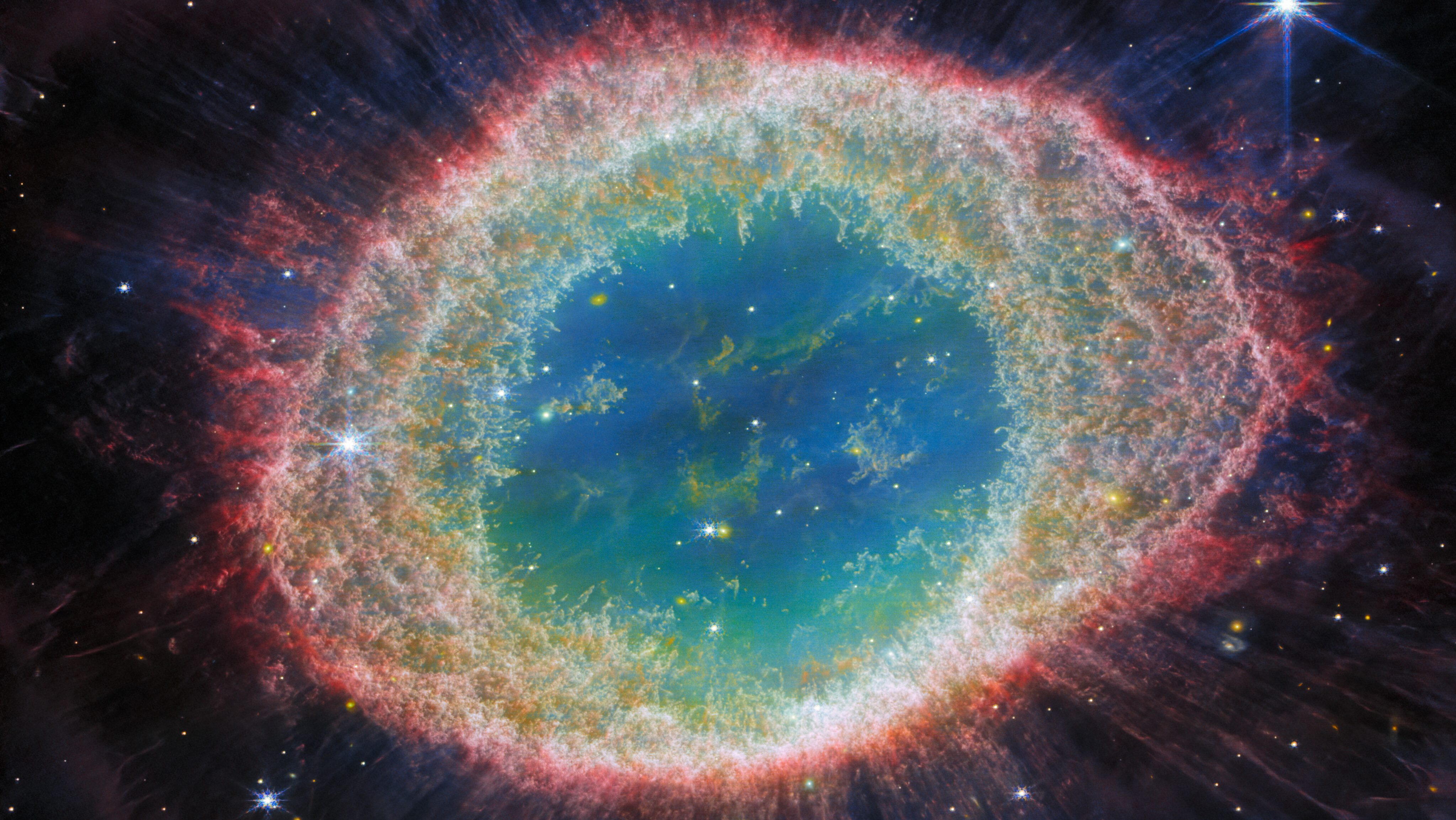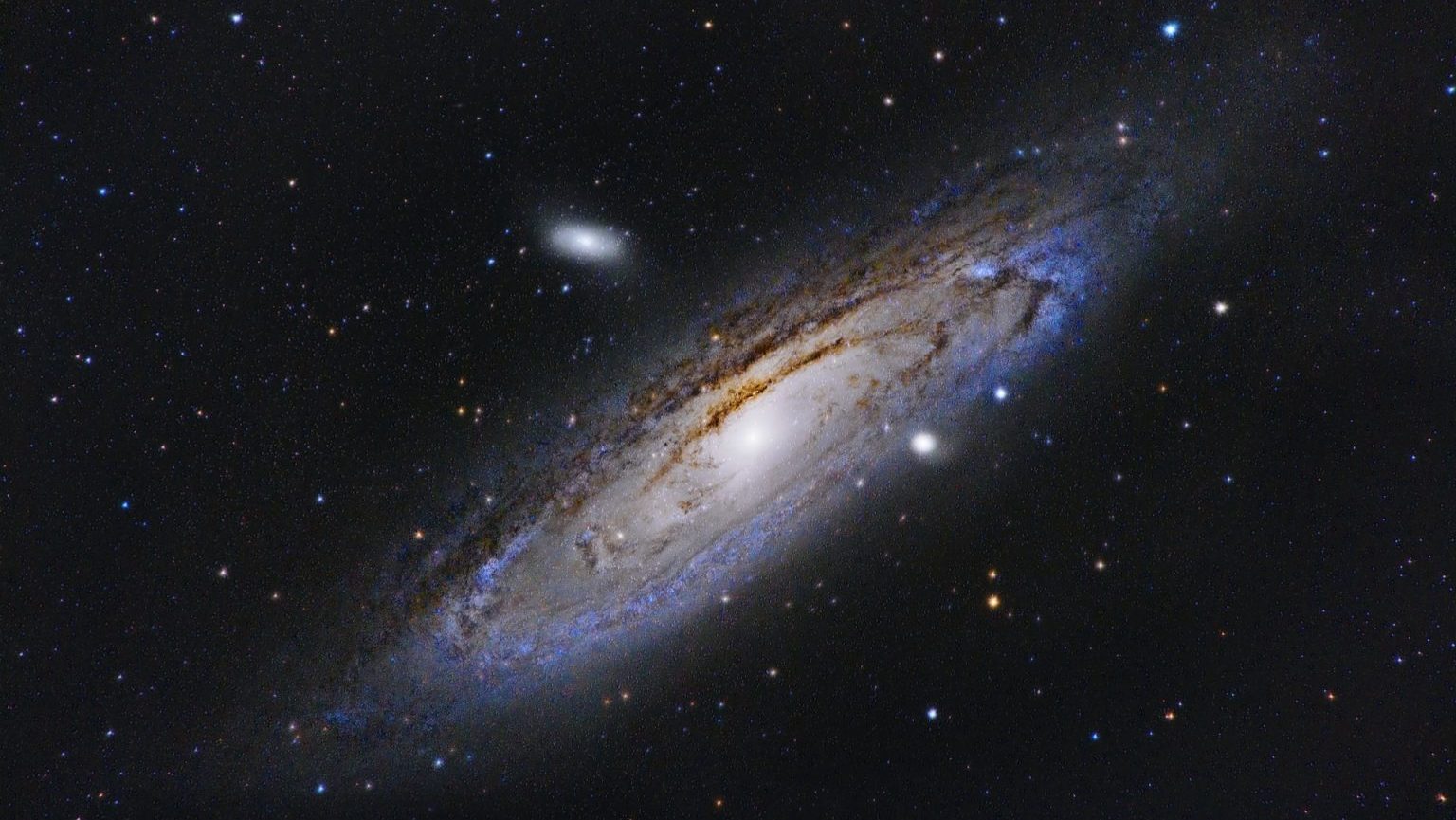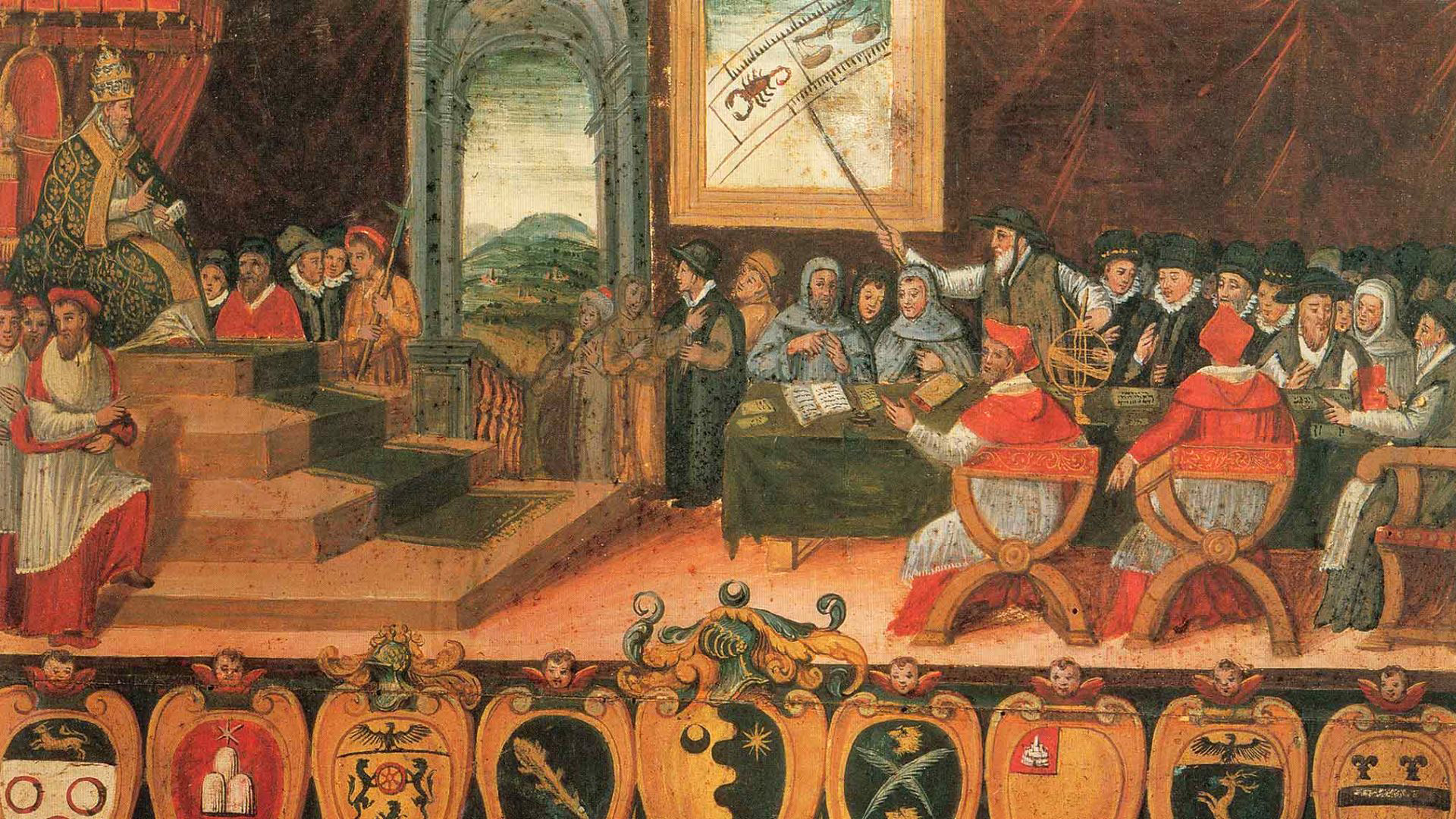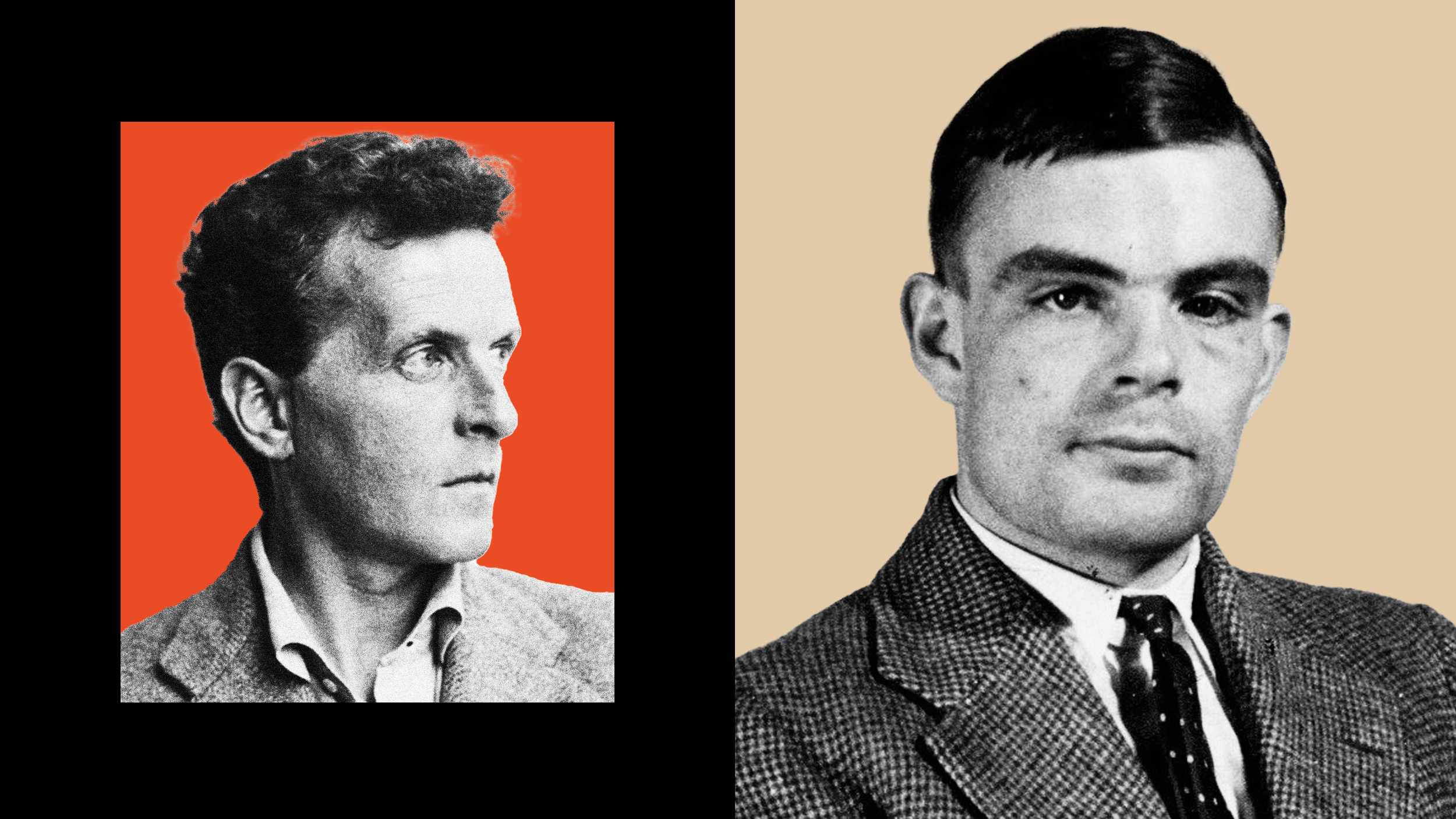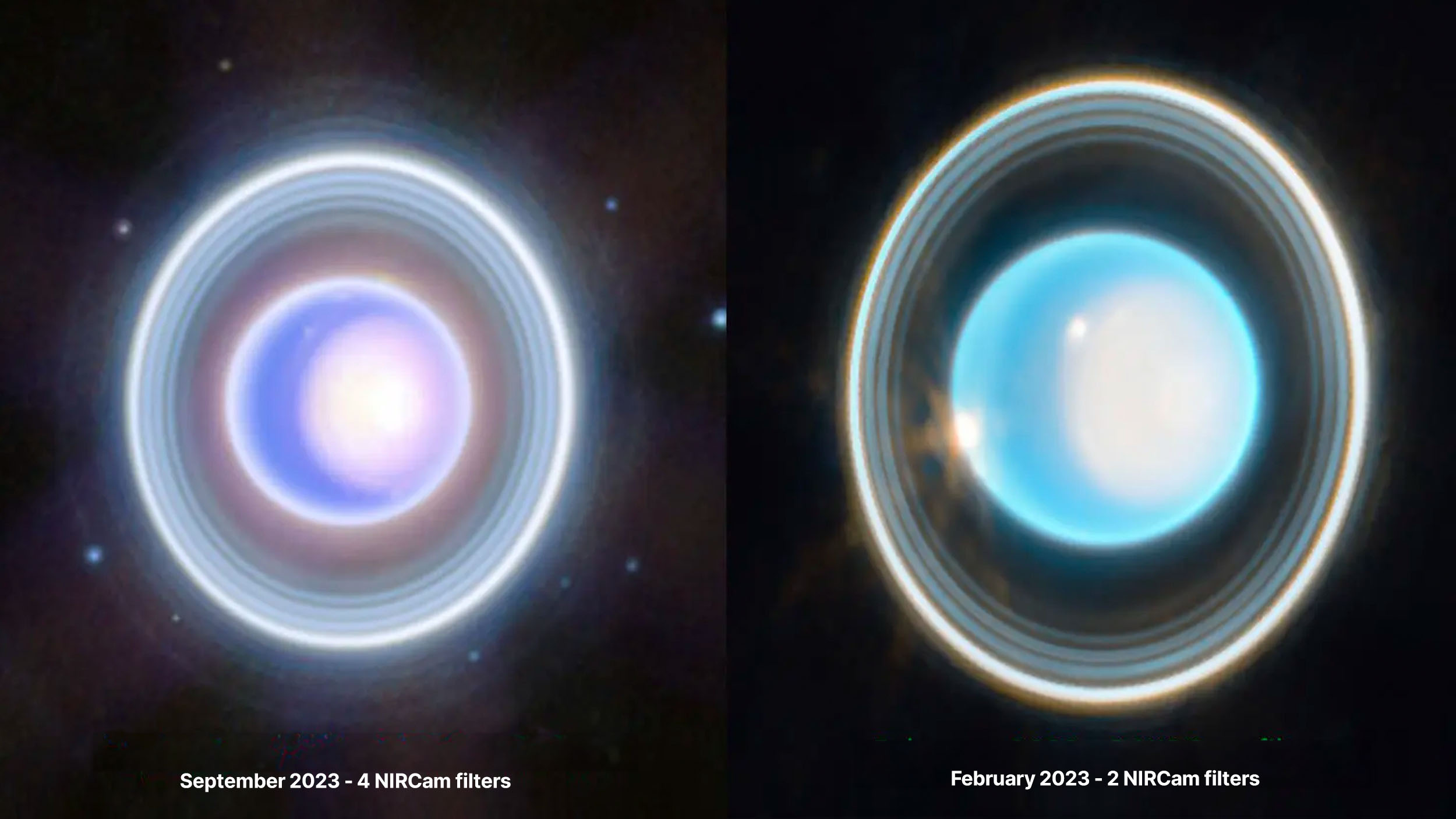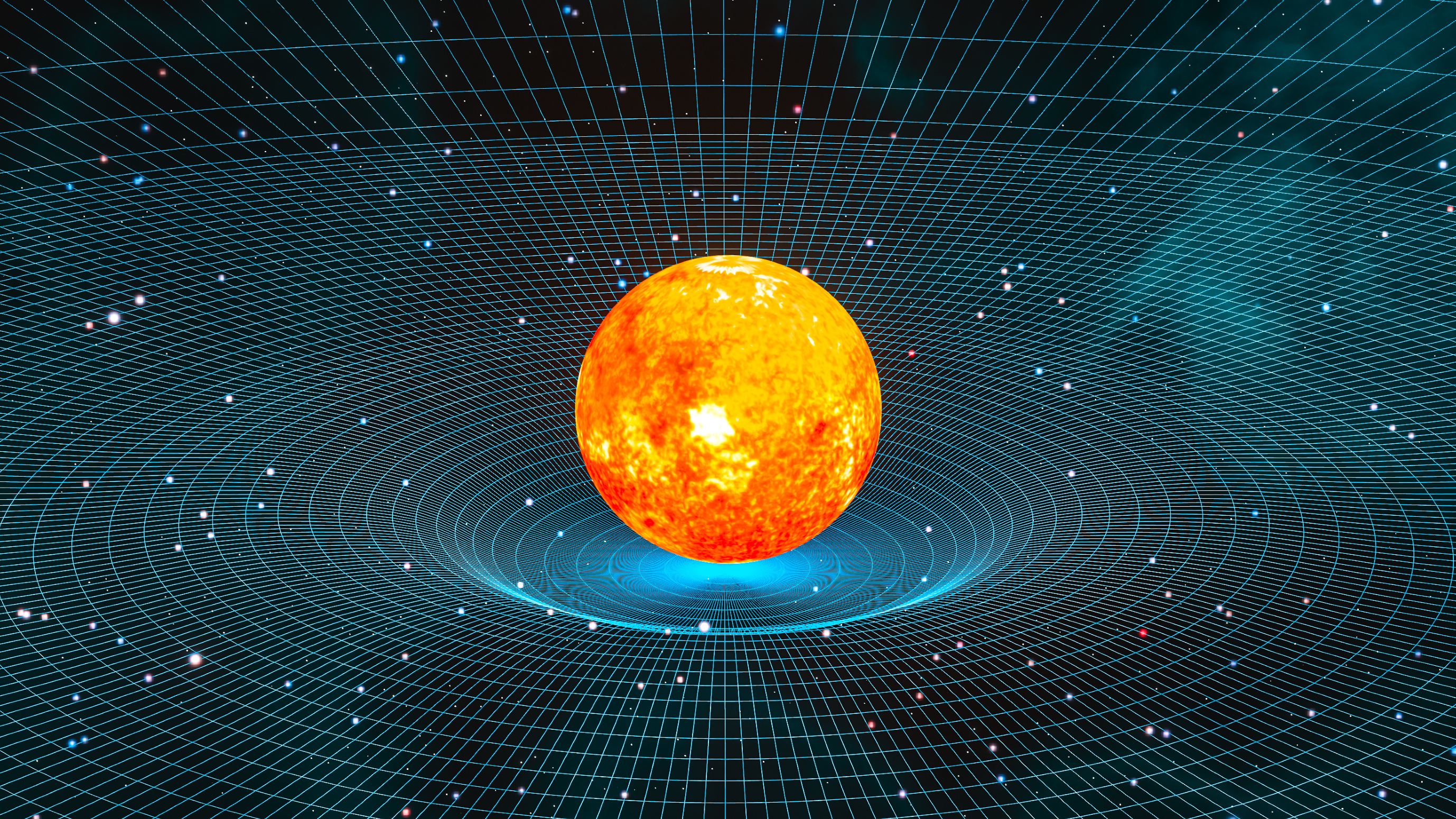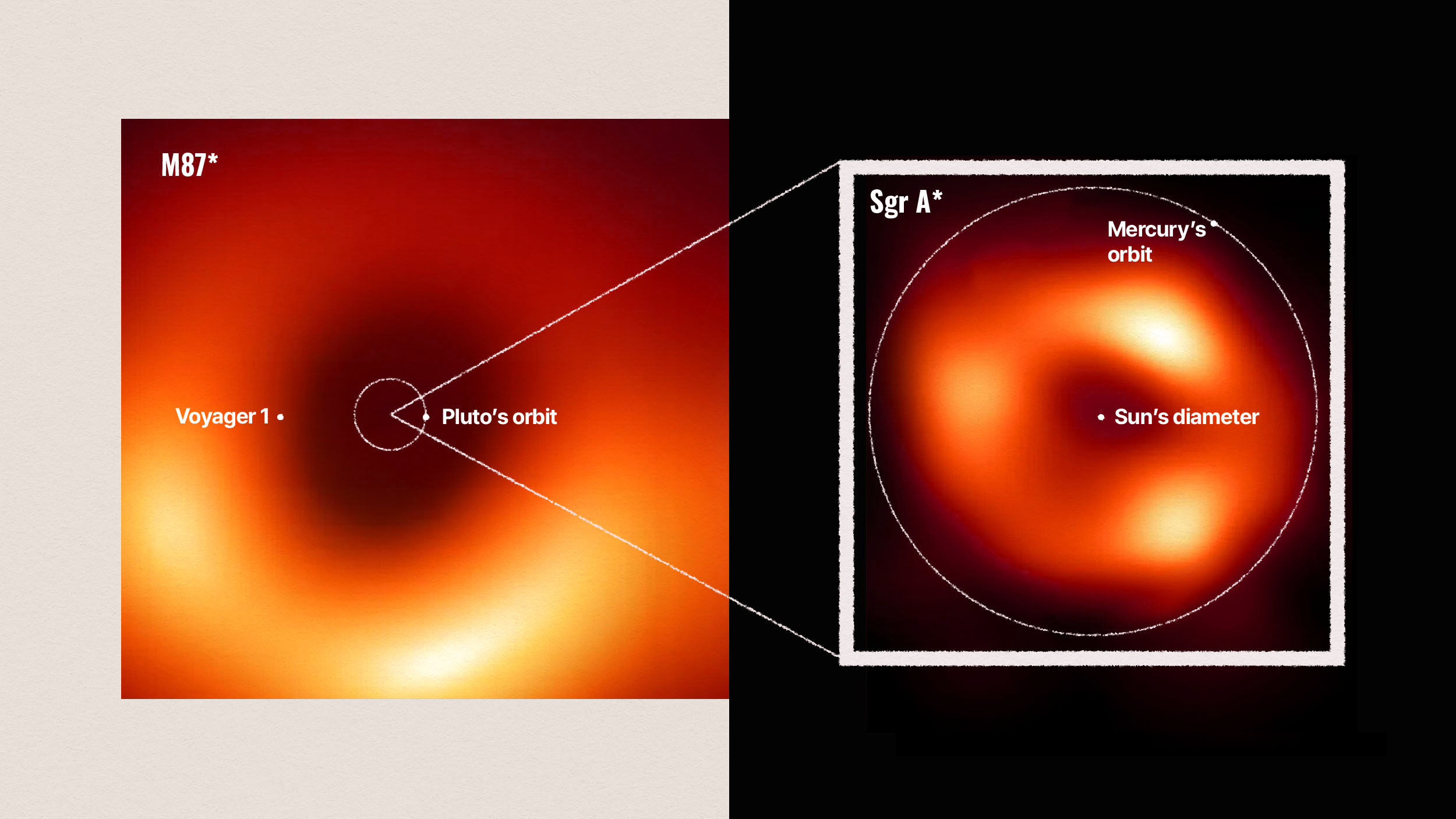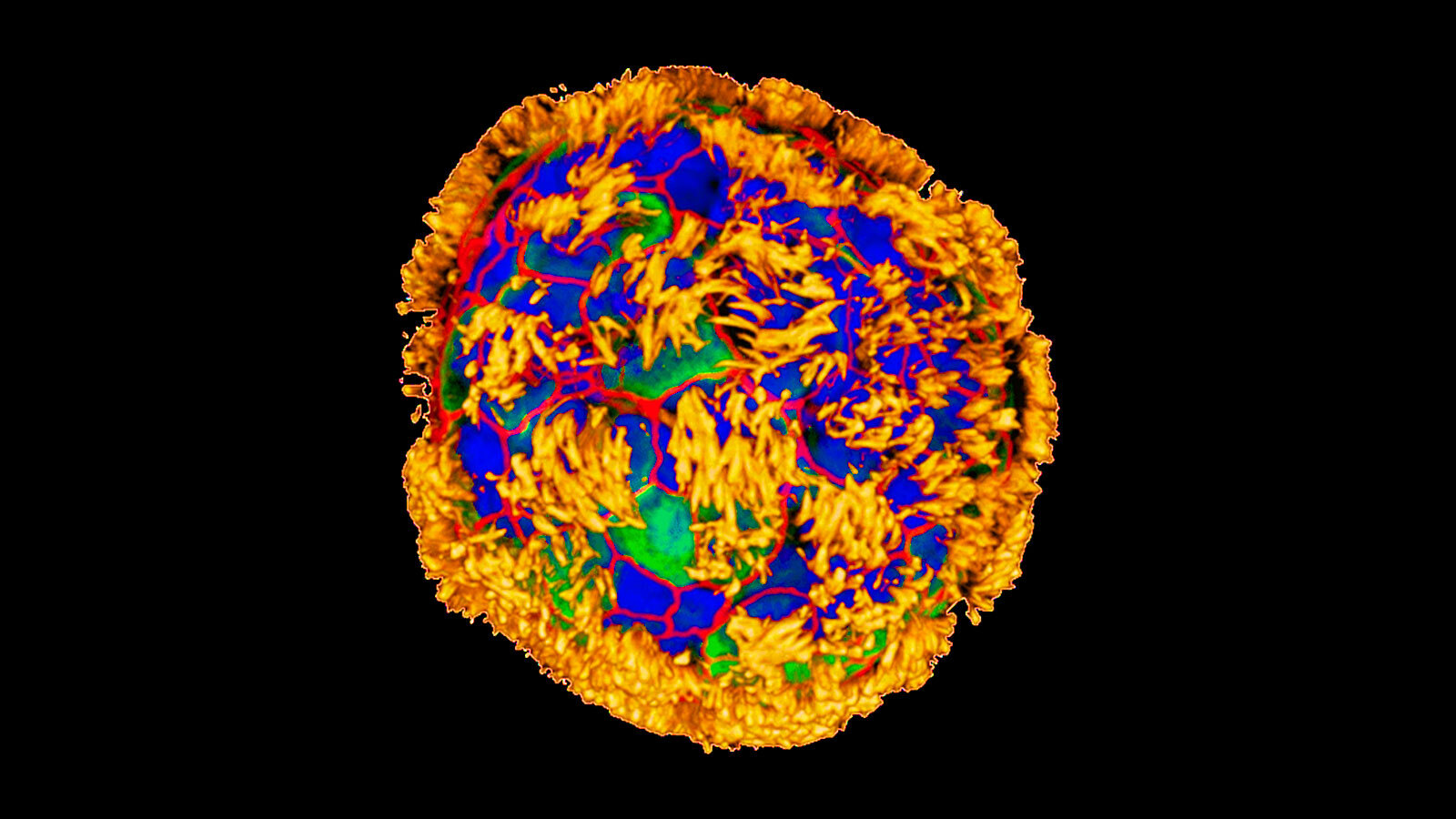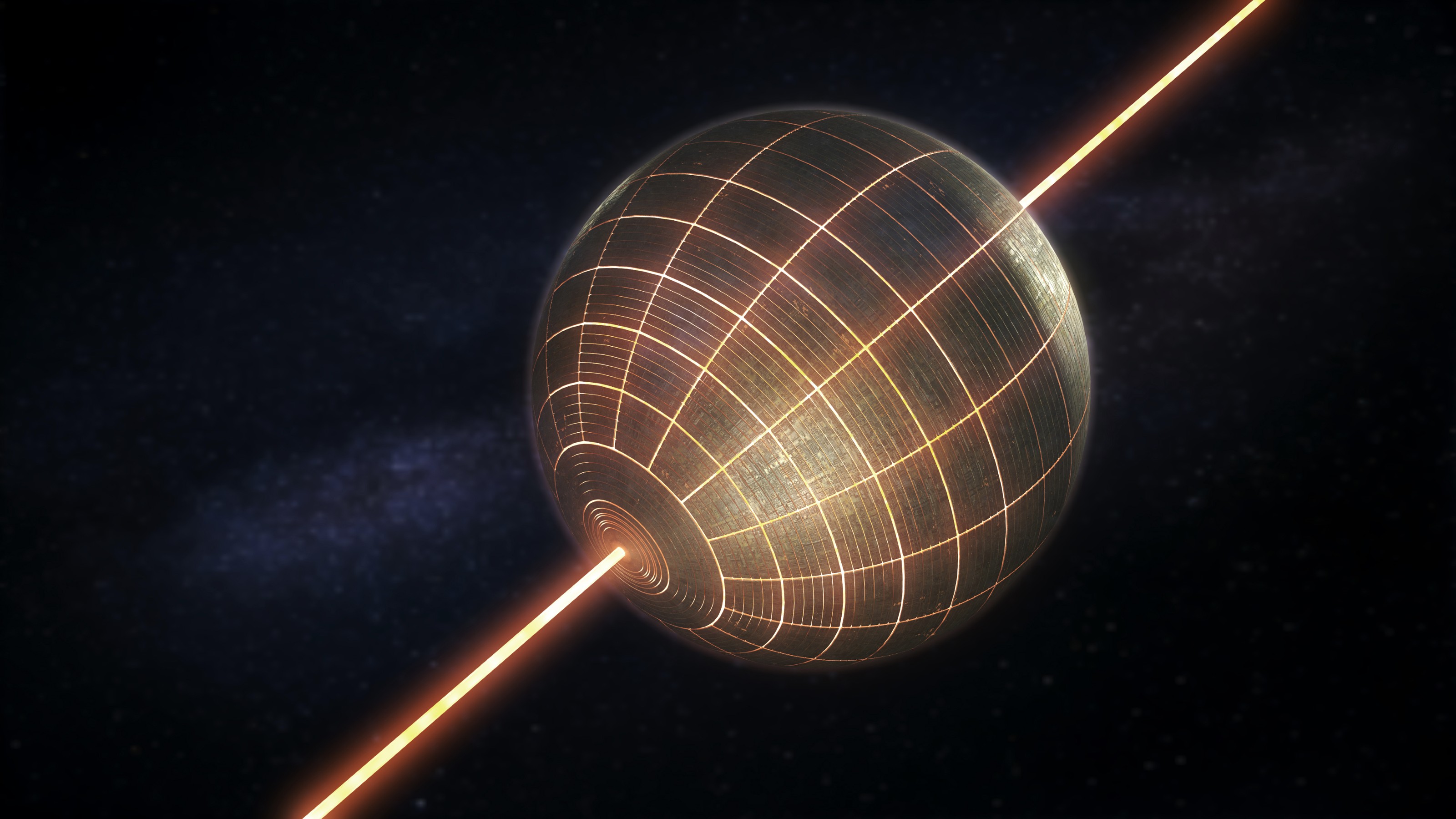The first stars in the Universe were made of pristine material: hydrogen and helium alone. Once they die, nothing escapes their pollution.
All Articles
When battles raged in ancient cities, their rocks blazed so brightly that they could be reoriented according to Earth’s magnetic field.
Along with obsidian that dazzled scientists in Canada.
Frontier, the ORNL supercomputer, used machine learning to perform 9.95 quintillion calculations per second.
How to say, “In many ways, Proust is similar to Joyce” and get away with it.
The corporate unicorn was yesterday — now we should consider the wisdom of black and white stripes.
Between the hedonic and eudaimonic life, there’s a happy medium to be found.
Omer Bartov, who spent decades studying the unspeakable horrors of genocide, shares how his studies have impacted his own mental health.
AI can deliver a more equitable and prosperous future — if accompanied by ethical and responsible stewardship.
The first stars took tens or even hundreds of millions of years to form, and then died in the cosmic blink of an eye. Here’s how.
These hard-to-finish books are still worth the effort.
Meet the people paid to rouse the workers of industrial Britain.
From how life emerged on Earth to why we dream, these unanswered questions continue to perplex scientists.
When you own your career, work becomes more than a means to an end — it becomes a vehicle for growth and happiness.
The Big Bang’s hot glow faded away after only a few million years, leaving the Universe dark until the first stars formed. Oh, the changes!
The first tests of optical communications far from Earth will take place aboard the asteroid-bound Psyche spacecraft
Is it better to be the oldest sibling, the youngest, or in the middle?
Kent Keirsey, CEO of Invoke AI — an open-source creative engine — outlines the pros and cons of open-source and closed-source AI tools.
The Universe is an amazing place. Under the incredible, infrared gaze of JWST, it’s coming into focus better than ever before.
Physicists have yet to pinpoint the hypothetical matter that keeps galaxies from flying apart. Now they have a new focus.
A sober look at a wild conspiracy theory that argues the Middle Ages never happened.
In pre-War Cambridge, students had to ace an interview with Ludwig Wittgenstein to attend his lectures — Alan Turing passed that test, and went on to create one of his own.
As Uranus approaches its solstice, its polar caps, rings, and moons come into their best focus ever under JWST’s watchful eye. See it now!
A controversial new philosophy paper tries to bring our moral prejudices to heel. Should it?
Thanks to observations of gravitational waves, scientists were able to settle a longstanding debate over the speed of gravity.
Misinformation was extremely popular in 2023, as bad science often made global headlines. Learn the truth behind these 10 dubious stories.
The problem with today’s AI isn’t it thinking for itself; it’s the tech telling humans whatever we want to hear.
The bots started as windpipe cells, yet they helped nerve cells repair and grow.
These theoretical megastructures represent one way an advanced civilization might harvest energy from stars.
